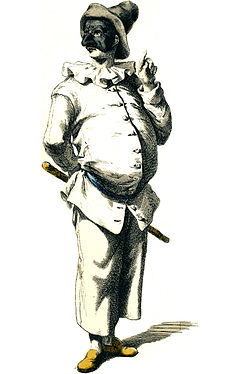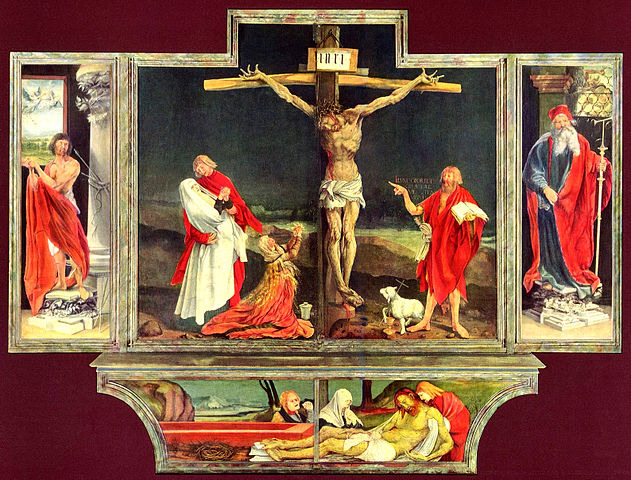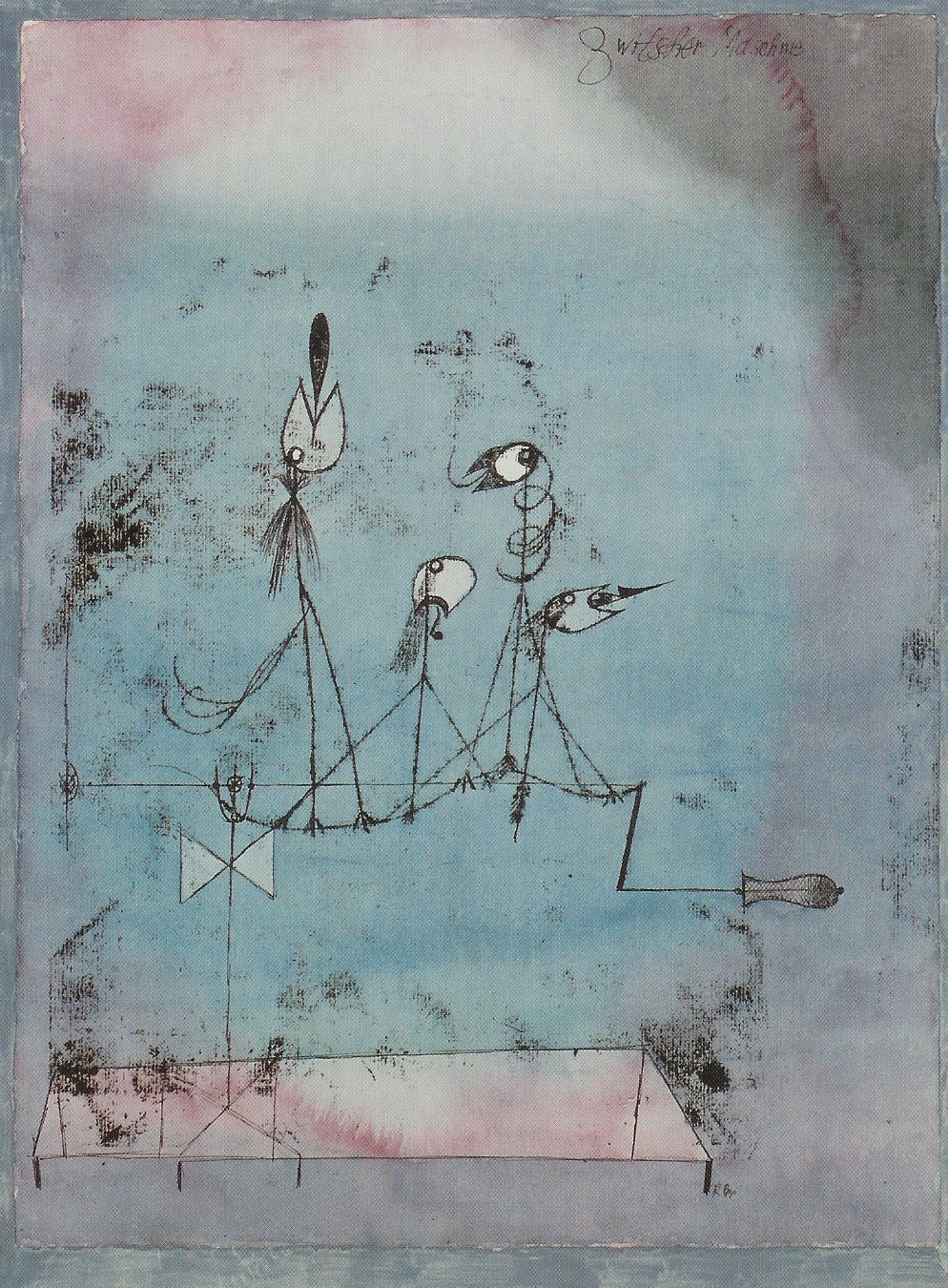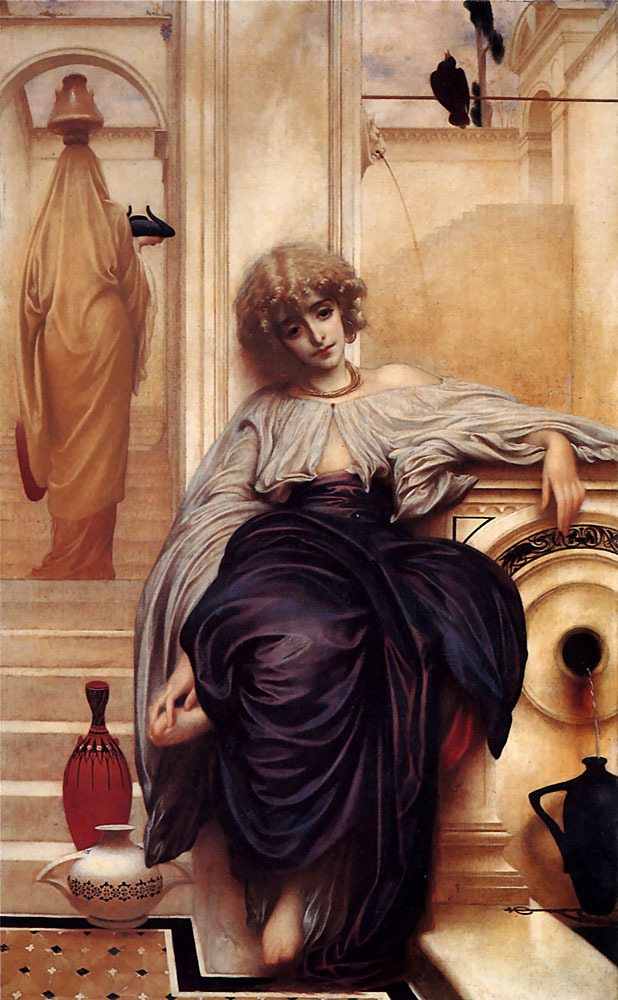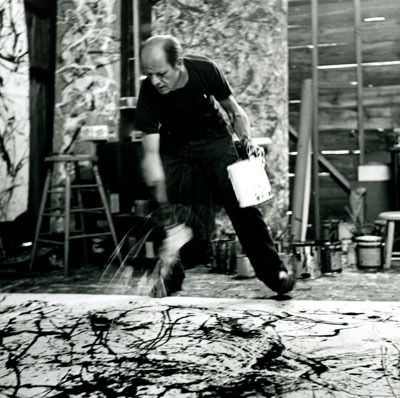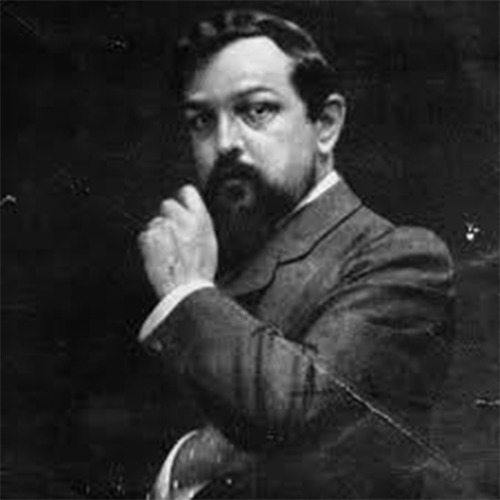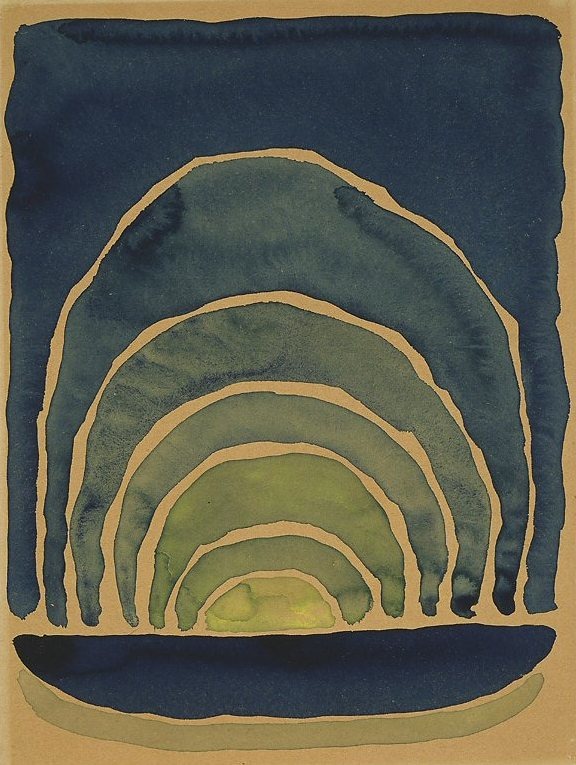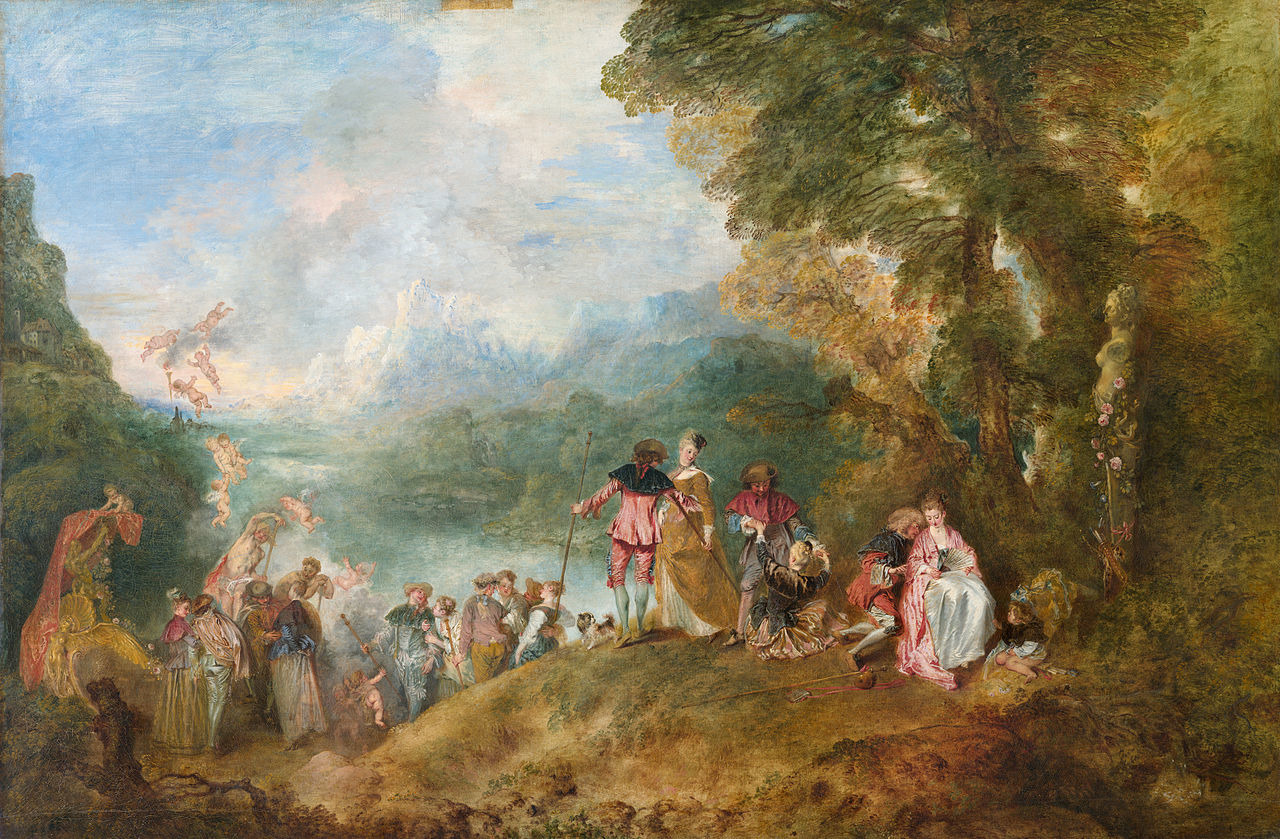Sergei Diaghilev’s Ballets Russes brought music, art, and dance into the 20th century. Eschewing the traditional, Diaghilev worked with the leading artists in all fields to bring a new life to a fairly moribund art form.
Painting
Most of the music and art connections have been fairly simple: a picture of art and piece of music. In the case of Grünewald and Hindemith, we have a more complex inspiration that also has a political side. Matthias Grünewald
Paul Klee (1879-1940) was a Swiss-German painter with a unique style sometimes humorous, sometimes childlike, and always able to draw us into his work. Of all the composers we’ve looked at in this series, it is Klee who has inspired
In our series on Music and Art, we’ve been looking at works of music inspired by works of art. The influence also goes the other way, where works of art have been inspired by music. Felix Mendelssohn (1809-1847) came from
In this series on Music and Art, we’ve mainly been looking at representational pictures (people, trees, and landscapes). When we look at an artist from the world of abstract expressionism, all of our horizons open wide. Jackson Pollock (1912-1956) was
In 1902, after the successful debut of his opera Pelléas and Mélisande, Claude Debussy published many articles as a music critic under the pseudonym Monsieur Croche (similar to Paul Valéry’s pseudonym ‘Monsieur Teste’) in the ‘Revue Blanche’ and other publications.
The American West was a unique inspiration for a number of artists, but it is in the work of the American artist Georgia O’Keeffe that a new eye was cast on the broad horizons. Her three watercolors from 1917, Light
Watteau, in many ways, was a painter of rococo love. His pink and frothy paintings overflow with courting couples and cupids galore. His 1717 painting, L’Embarquement pour Cythère (The Embarkation for Cythera) is such a work, with cupids circling in

